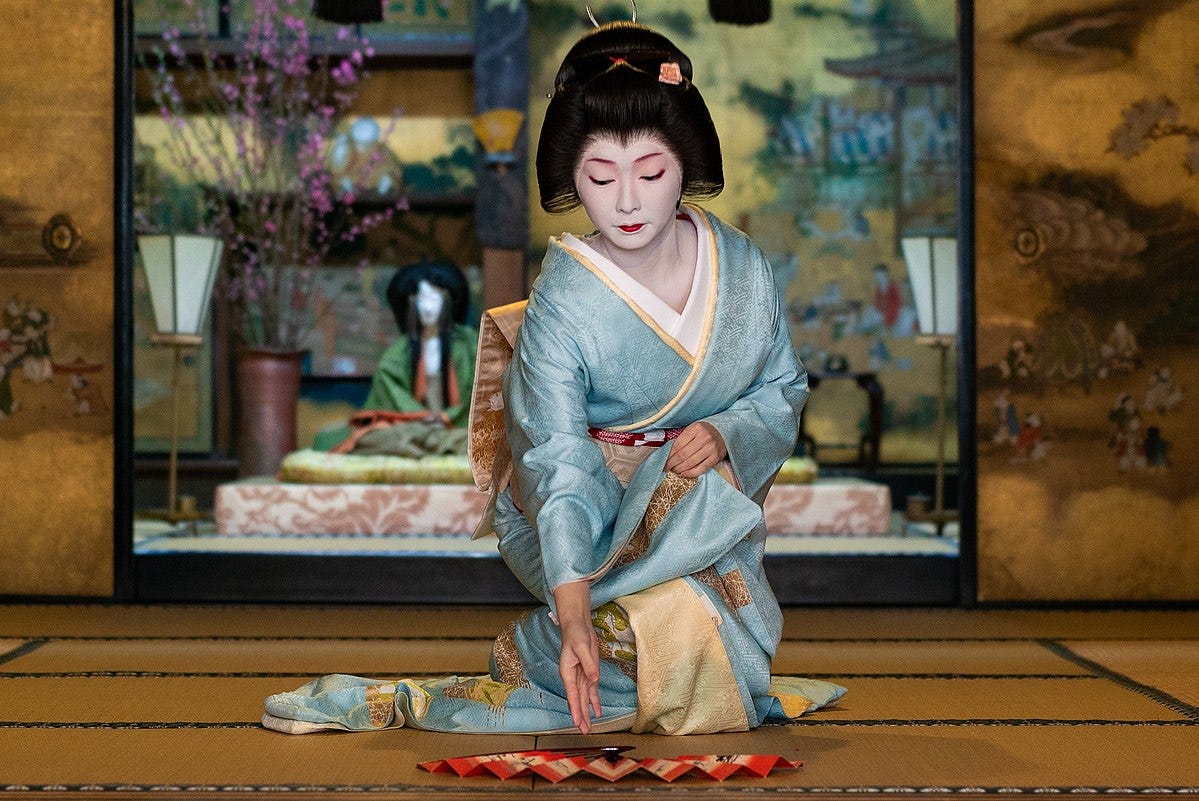
WEIGHT: 62 kg
Bust: 36
One HOUR:130$
Overnight: +90$
Sex services: Anal Play, Massage erotic, Cross Dressing, Fisting vaginal, Massage Thai
By using our site, you agree to our collection of information through the use of cookies. To learn more, view our Privacy Policy. To browse Academia. Theatre music as an artistic practice, as a career, and as an often crucial part of the aesthetic experience of theatre production is remarkably neglected, marginalized and undervalued in the German-speaking theatre landscape. Theatre musicians and composers are often underpaid, overworked, critically unacclaimed, and academically ignored.
If we look at theatre both as an organisation and an institution, it is inevitably an environment within which poltics and power play a significant part. Again, however, on the pages on this important and influential report, theatre music ians are not mentioned once. In this paper I will therefore look at the intersection of a particular work environment, a hierarchy of aesthetic contribution and validation, and the politics of perception — or the lack thereof — in critical discourse about theatre music and theatre musicians.

By using qualitative research and discourse analysis, I hope to be able to offer at least some preliminary answers to the following questions: why are theatre musicians undervalued within the organisation and how does this manifest itself? What are the institutional structures that contribute to the particular hierarchies and vectors of power around the role of music and musicians in theatre?
Why does there work output receive so little attention and critical discussion? She received her PhD on the subject of Mexican Wrestling in with the thesis "And behind the mask SPhereS of interVentionS-Political, aeSthetical anD ethical reSPonSeS to Violence in mexico In the context of accelerated levels of publicly exposed violence in Mexico, the use of the public sphere to stage or a theatre of political power or to send violent threatening messages to the public, mainly done by drug cartels, is actually challenging the theatrical practitioners to reconsider their "campos de batalla"-spaces-of-action" strategies.

Or destiny of all people confronted with a national border. Today it is more topical than ever. Even if contemporary performing art overcomes national borders in thinking, transnational cooperations and a strong aesthetical approximation, some countries like Mexico have to deal with it.




































